Keep Gophers Out Of Your Yard With These Smells
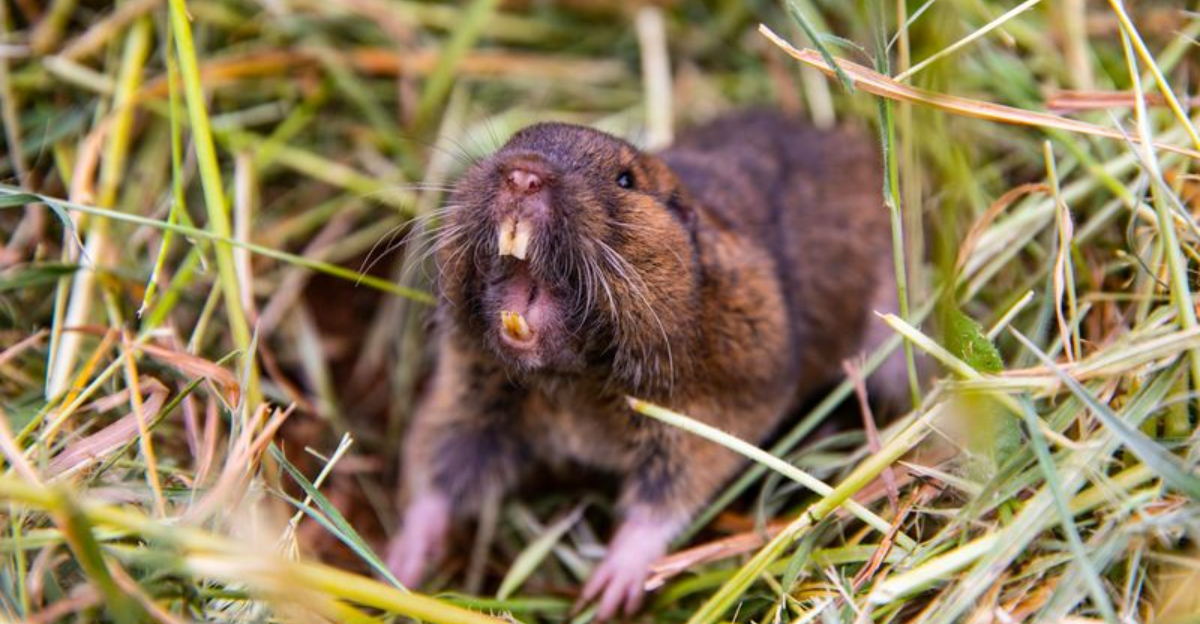
Ever noticed those mysterious mounds popping up across your once-pristine lawn? Gophers have likely moved in, turning your garden into their personal playground.
These underground pests can destroy roots, bulbs, and vegetables faster than you can replant them. Fortunately, nature provides a simple solution – certain smells that send gophers packing without harsh chemicals or complicated traps.
1. Castor Oil’s Powerful Punch
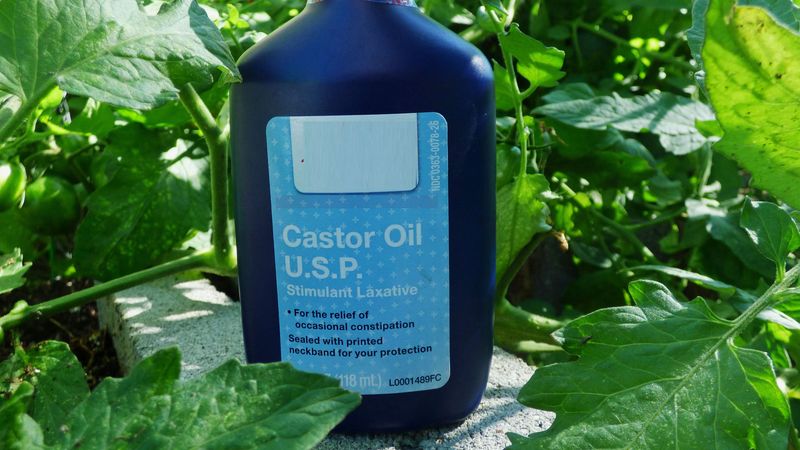
Nothing sends gophers scurrying away faster than castor oil. The strong scent irritates their sensitive noses and disrupts their ability to find food.
Mix four tablespoons with a gallon of water and a drop of dish soap. Spray this mixture around tunnel entrances and throughout your yard for maximum effectiveness.
2. Peppermint’s Fresh Barrier

Gophers absolutely hate the intense aroma of peppermint. What smells refreshing to humans acts like nature’s force field against these burrowing pests.
Soak cotton balls in peppermint essential oil and place them near tunnel entrances. Alternatively, plant actual peppermint around the perimeter of your garden as a living barrier.
3. Garlic’s Underground Defense

The pungent aroma that makes garlic a cooking staple doubles as a gopher’s worst nightmare. Their sensitive noses can’t handle the strong sulfur compounds.
Create a potent spray by blending several cloves with water, straining the mixture, and applying it around plants and tunnel entrances. Planting garlic throughout your garden provides additional protection.
4. Coffee Grounds’ Bitter Surprise
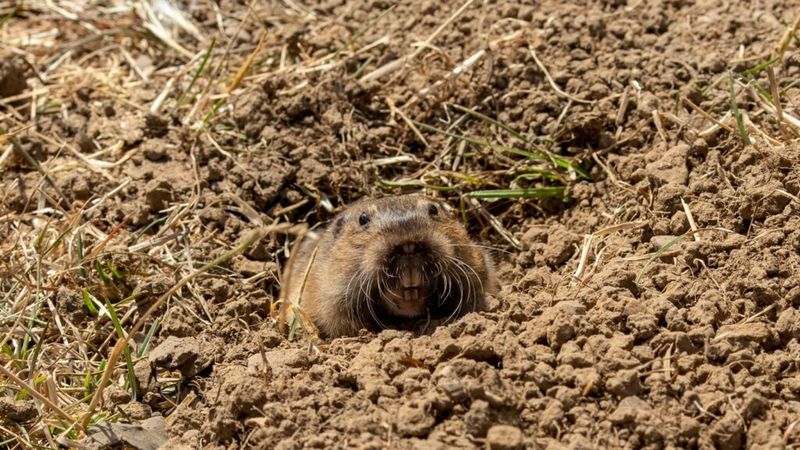
Morning coffee ritual just gained a second purpose – gopher control! Used coffee grounds contain compounds that repel these underground invaders while adding nutrients to your soil.
Simply scatter spent grounds around plants, garden beds, and directly into tunnels. The grounds’ texture and smell create an unpleasant environment that gophers avoid at all costs.
5. Onion’s Tear-Inducing Power
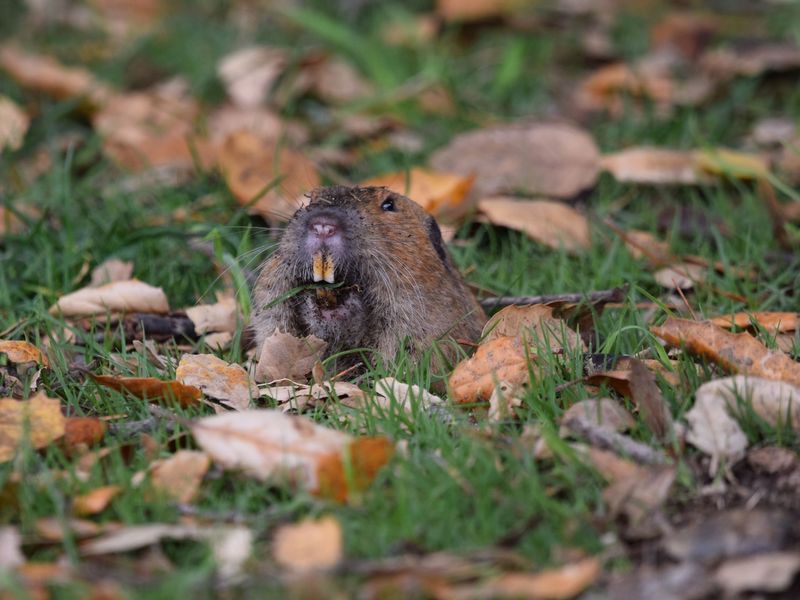
Got onions in your kitchen? You’re holding a powerful gopher deterrent. Their potent smell overwhelms gophers’ sensitive noses, making your yard an unwelcome territory.
Chop onions and place pieces directly into tunnels or create a spray by soaking chopped onions in water overnight. Apply this aromatic solution around your garden beds and plants.
6. Cayenne Pepper’s Spicy Warning

Add some heat to your gopher control strategy with cayenne pepper. The capsaicin that burns our tongues creates an equally uncomfortable sensation for gophers’ sensitive noses and paws.
Sprinkle cayenne powder directly into tunnels and around valued plants. Mix with water and a drop of dish soap for a spicy spray that penetrates the soil.
7. Eucalyptus Oil’s Minty Menace
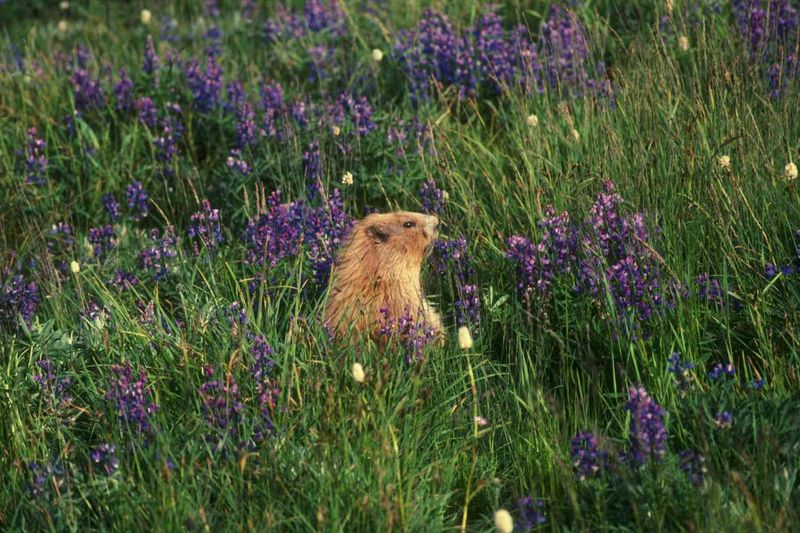
Breathe deeply near a eucalyptus tree and you’ll understand why gophers steer clear. The intense medicinal scent overwhelms their sensitive olfactory system.
Soak rags in eucalyptus oil and place them near tunnel entrances. For a more thorough approach, mix 10-15 drops with water in a spray bottle and apply throughout your yard weekly.
8. Marigolds’ Colorful Defense

Garden beauty meets pest control with bright marigolds. Their roots release compounds that gophers find revolting, while you enjoy their cheerful blooms.
Plant marigolds as borders around vegetable gardens or intersperse them throughout flower beds. Focus on areas with previous gopher activity for targeted protection that enhances your landscape.
9. Predator Urine’s Primal Fear
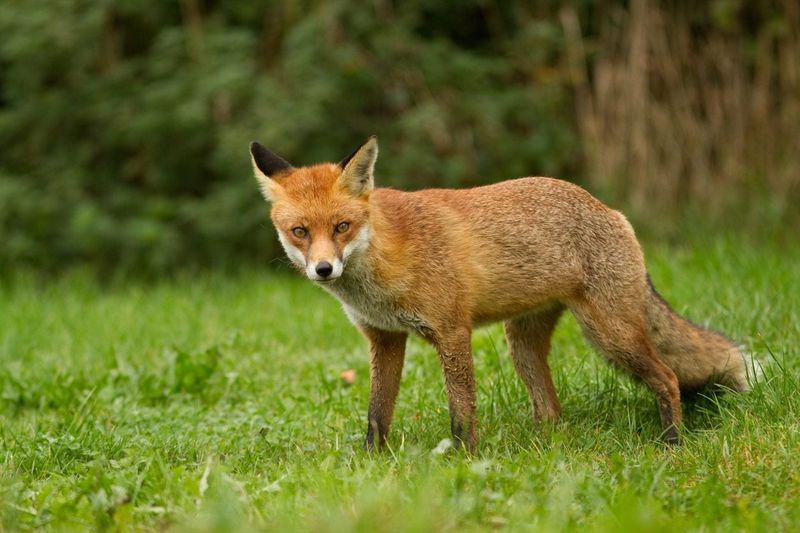
Tap into gophers’ natural survival instincts with predator urine. Commercial products containing fox, coyote, or bobcat urine trigger immediate fear responses in these burrowing pests.
Apply granules or liquid forms around the perimeter of your yard and near active tunnels. Reapplication after rain maintains the protective barrier that keeps gophers believing predators lurk nearby.
10. Lavender’s Lovely Repellent
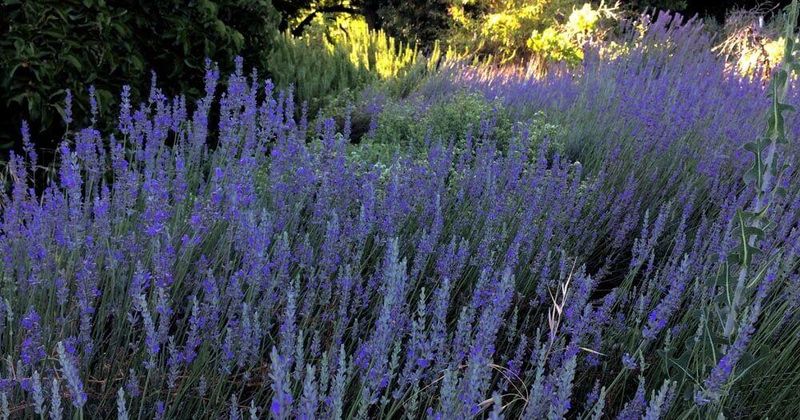
Lavender’s soothing scent may calm humans, but it sends gophers running in the opposite direction. The strong floral aroma interferes with their ability to detect food and predators.
Plant lavender throughout your garden or create sachets using dried lavender flowers. Place these aromatic bundles near tunnel entrances for a beautiful and effective gopher deterrent.
11. Mothballs’ Chemical Barrier
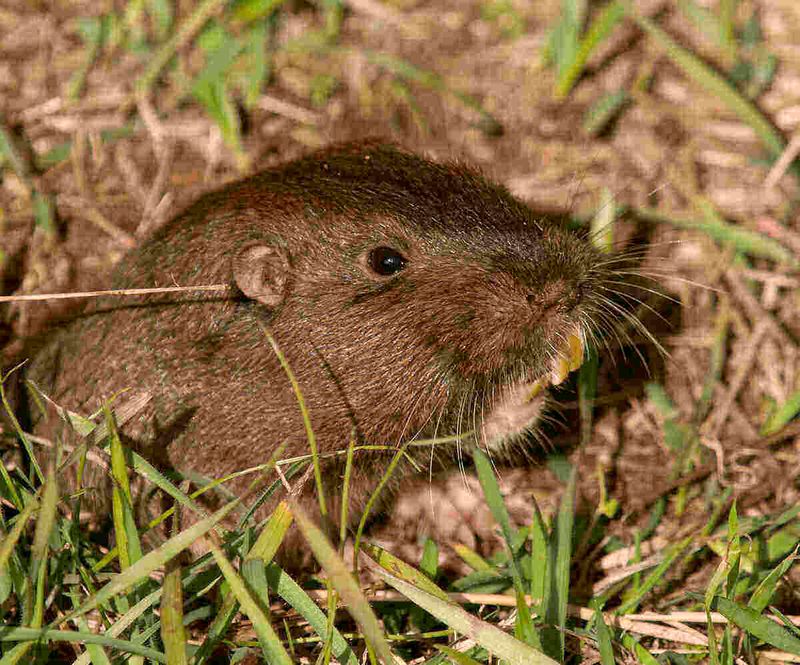
Mothballs pack a powerful punch against persistent gopher problems. The naphthalene they contain creates an underground environment gophers find unbearable.
Drop mothballs directly into tunnel entrances and cover lightly with soil. Use sparingly and keep away from edible plants, children, and pets, as mothballs contain chemicals that require careful handling.
12. Fish Oil’s Lingering Odor
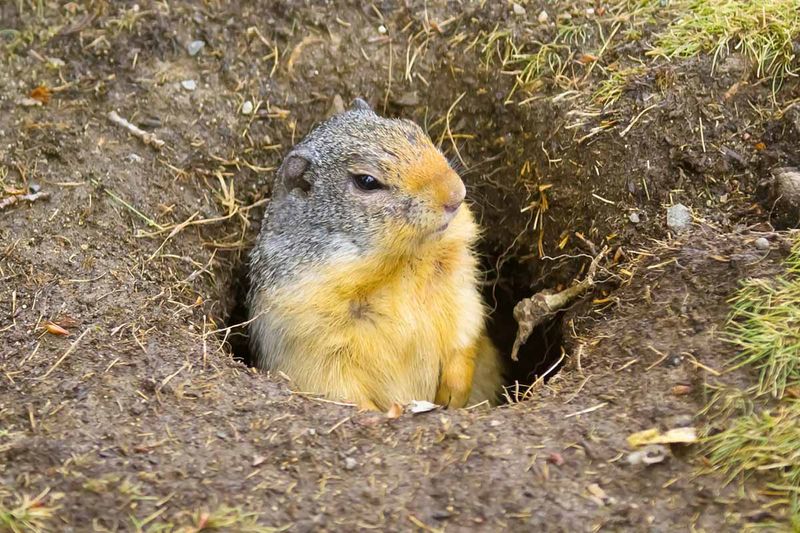
Fish oil creates an aromatic nightmare for gophers while providing nutrients to your plants. The pungent smell persists even after humans can no longer detect it.
Mix a few tablespoons of fish oil emulsion with water in a spray bottle. Apply around plants and directly into tunnels. The smell dissipates for humans within days but continues repelling gophers.
13. Daffodils’ Secret Weapon
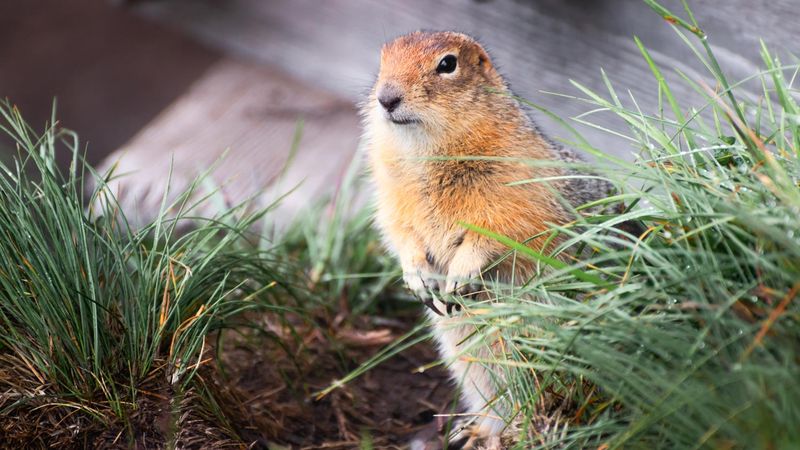
Behind their cheerful yellow blooms, daffodils harbor a secret weapon against gophers. Their bulbs contain lycorine, a naturally toxic compound that gophers instinctively avoid.
Plant daffodils throughout your garden, especially in areas prone to gopher activity. They create a beautiful spring display while forming an underground toxic barrier these pests won’t cross.






